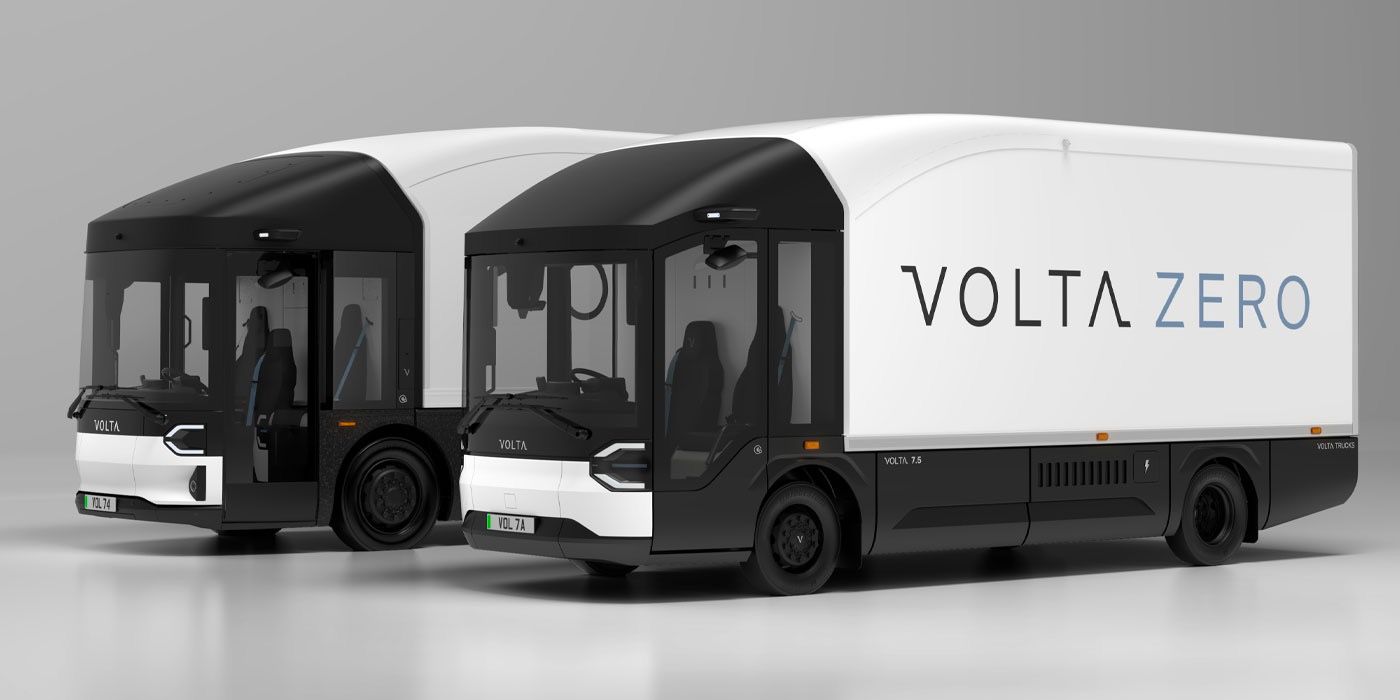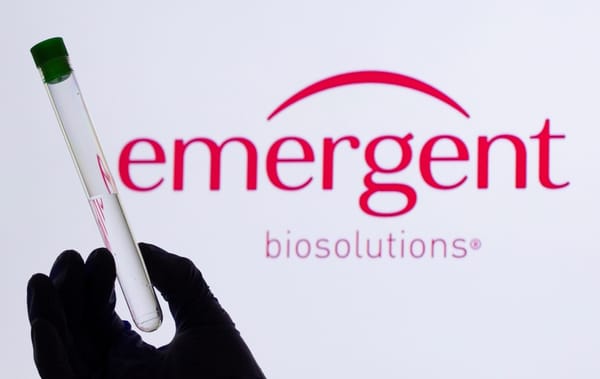- On January 18, Volta (VLTA) agreed to be acquired by Shell (SHEL) USA for $169 million.
- The deal price is lower by 90% than the market price when the original announcement of the business combination negotiations was made.
- Investors who are dissatisfied with the deal have filed a lawsuit against Volta (VLTA), its officers, and their advisors in court.
- $VLTA was one of the hottest SPAC IPOs in 2021, and early investors stand to lose millions of dollars of invested money when this deal goes through.
- Volta’s spectacular failure serves as a reminder for growth investors to dig deeper into high-growth companies before jumping on board.
Intro
On January 18, Volta Inc. (VLTA), an electric vehicle charging network operator, announced that it had entered into a definitive merger agreement with Shell USA Inc. for approximately $169 million in cash. The deal is expected to close in the first half of 2023, subject to customary closing conditions and regulatory approvals. For Shell, the strategic rationale for this acquisition is to accelerate its transition to a low-carbon energy provider and expand its presence in the growing electric vehicle charging market. For Volta – a company that went public via a SPAC deal at a $2 billion valuation - $169 million certainly seems a discounted price, and this deal has attracted a lot of criticism from early investors who jumped on board at the time the company went public. A closer look at the deal reveals Shell has bagged a true bargain by striking a deal to acquire Volta for pennies on the dollar.
Shell Has A Lot To Look Forward To
Volta Inc. is a leading electric vehicle charging network operator. Its network includes over 3,000 charging stations across the United States, making it one of the largest EV charging networks in the country. The company's charging stations are located in high-traffic public locations, such as shopping centers, grocery stores, and parking garages. Volta's charging stations are free to use, and the company generates revenue through advertising displayed on the charging stations. The company claims to have delivered over 100 million miles of free charging since its inception in 2010 and aims to reach 26,000 charging stations by 2025.
On the other hand, Shell USA Inc. is a subsidiary of Shell plc (SHEL), one of the world's largest energy companies with a presence in over 70 countries. Shell has a significant presence in the EV charging market and plans to expand its EV charging network to 500,000 charging points globally by 2025.
The acquisition of Volta aligns with Shell's strategy to become a net-zero emissions energy business by 2050 or sooner and invest $2-$3 billion per year in low-carbon solutions. By acquiring Volta, Shell will gain access to over 3,000 charge points at destination sites across 31 U.S. states and territories, as well as a development pipeline of more than 3,400 additional charge points. Volta's charge points are equipped with screens that generate advertising revenues from brands and retailers. This creates a unique value proposition for site hosts and drivers and has the potential to provide a significant boost to Shell's revenue and profitability. This acquisition will allow Shell to expand its portfolio of EV charging solutions, which already include Greenlots and NewMotion. Shell will also gain access to a new customer base and loyalty programs which will enable it to further enhance its customer relationships which are crucial for success in the competitive EV charging market.
There are potential synergies that could be realized from the acquisition. For example, Shell could leverage its global network and operational expertise to expand Volta's reach into new markets. Additionally, Shell's existing EV charging solutions, Greenlots and NewMotion, could be integrated with Volta's technology to provide a more comprehensive offering to customers. These synergies could lead to cost savings and revenue growth opportunities if realized.
Additionally, Volta's development pipeline provides Shell with a significant growth opportunity in the EV charging market. As more people transition to EVs, the demand for EV charging infrastructure will continue to grow.
Valuation Implications
The financial impact of the deal for both parties will depend on several factors such as synergies realization, revenue growth potential, cost savings opportunities, and valuation multiples. Based on the press release, Shell Plc will pay approximately $169 million for Volta's equity value ($0.86 per share), which represents a premium of about 18% over Volta's closing price on January 17 ($0.73 per share). Assuming that Shell will also repay Volta's third-party debt of about $14 million at closing, the total enterprise value of the deal would be about $183 million.
Based on Volta's reported revenue of $38 million for the nine months ended September 30, 2022, this implies an EV/revenue multiple of about 5x. In comparison, Volta’s arch-rival ChargePoint Holdings (CHPT) is valued at a TTM EV/Sales multiple of over 7, which suggests Volta is considerably undervalued at the agreed deal price. Both these companies are operating at a net loss.
Shareholders Will Get Burned
Many early shareholders of the company who believed in Volta’s potential to grow into an EV charging behemoth are facing substantial losses in the wake of this business combination. The deal price of $0.86 per share is a steep discount from its peak price of $13 in September 2021, less than a month after its public debut. Volta’s decision to agree to this deal seems to have stemmed from the liquidity crunch the company is facing. The EV charging infrastructure industry has a long runway for growth with the world still at an infant stage in the adoption of EVs but this industry is capital intensive, and Volta does not have deep pockets to pursue this opportunity aggressively. This cash-constrained nature of the company might have forced Volta to strike this deal, but in any case, shareholders will get burned.,
Supporters of the deal believe that it could be beneficial for both Shell and Volta, as well as for consumers. They argue that Shell's experience in investing in EV charging infrastructure, such as its collaboration with IONITY in Europe and its purchase of Greenlots in North America, demonstrates its commitment to innovation. Furthermore, they believe that Shell's financial resources and global presence could help Volta expand its network and reach more drivers. There is also a belief that Shell could enhance Volta's value proposition by providing additional services and incentives to drivers.
All this said, the majority of Volta shareholders were caught off guard when the deal was announced last January as the EV charging landscape was always thought of as a long-term play, so investors were prepared to wait the long haul in anticipation of market-beating returns. If the company was facing a liquidity crunch, it would have been reasonable systematically look for a higher bidder who could have paid a larger lump sum to acquire the company. Also, the company could have explored several other ways to raise capital before agreeing to a deal that would wipe millions of dollars of investor money. The company is facing the scrutiny of shareholders today, which is evident from the lawsuits that have been filed against the company in search of shareholder compensation.
Conclusion
Volta’s acquisition is part of Shell's strategy to expand its presence in the electric vehicle charging market and capitalize on the growing demand for EVs. Although Shell shareholders stand to benefit from this deal, the majority of early Volta investors are likely to book massive losses when this deal goes through. Volta’s spectacular failure serves as a reminder for growth investors to dig deeper into high-growth companies before jumping on board just because a company is operating in a fast-growing industry.
%%type:order-card,id:587%%
%%type:order-card,id:119%%









